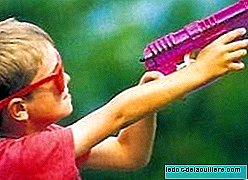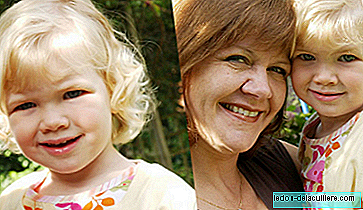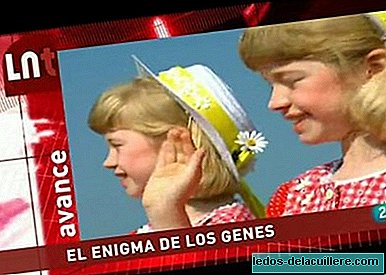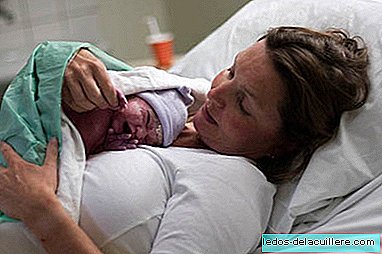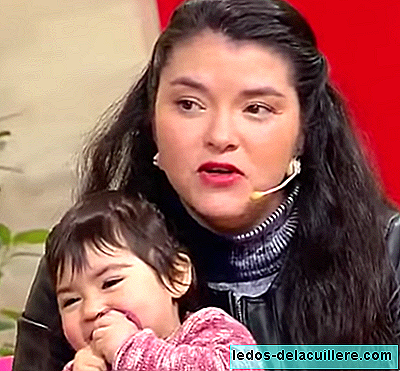
A recent study of Henry Ford Hospital, in Detroit, United States whose results have been presented at the annual convention of the American Academy of Allergy, Asthma and Immunology, has recently concluded that A sterile environment is not good for the baby. The novelty of this study is that it demonstrates why of what was already known years ago.
The study also studies the linkage of other beneficial factors such as breastfeeding or living with pets that will influence the development of certain diseases such as asthma and allergies.

According to the lead author of the work, Christine Cole Johnson, director of the Department of Public Health Sciences at Henry Ford, early childhood exposure to microorganisms affects the development of the immune system and the appearance of allergies, is the so-called "hygiene hypothesis".
The gastrointestinal tract contains what scientists often call a bacterial ecosystem and that they know plays a very important role in the development of the immune system. The exposure of the immune system in the first stage to these bacteria and microorganisms is vital for the development of this.
The immune system is designed to be exposed to bacteria on a large scale. If these exposures are minimized, the immune system will not develop optimally. Dr. Johnson affirms
The study, which is actually six related studies, was intended to see the relationship that certain factors had, such as breastfeeding or other factors of the mother, as well as other factors at birth had a special imprint in the development of the intestinal microbiome of a Baby, allergy development or asthma. To do this, the feces of babies taken during the first month of life of the babies and the sixth were examined to see if the intestinal microbiome affects the development of the cells Regulatory T, or Treg, which are known to regulate the immune system. The study showed that those babies who had been breastfed were less likely to develop asthma or allergies to domestic pets than those who had been fed artificial milk and that the latter had a different composition of their intestinal microbiome and in the formation of their cells Treg
The researchers also found that this intestinal flora depends on other factors such as the mother's race, gestational age at birth, exposure to toxic elements such as tobacco smoke, caesarean section and the presence of domestic animals in the home.
"Research is telling us that exposure to a larger and more diverse load of environmental bacteria and specific patterns of intestinal bacteria seems to boost the immune system's protection against allergies and asthma," concludes Dr. Johnson.
It seems to be clear enough that excessive hygiene in babies will not help them in the future, perhaps a small and annoying cold today can help a life without allergies or asthma. Perhaps, as we are today with our children, with the wet wipe behind, cleaning even the slightest trace of dirt from their skin, is not the best way to keep them safe in the future.



